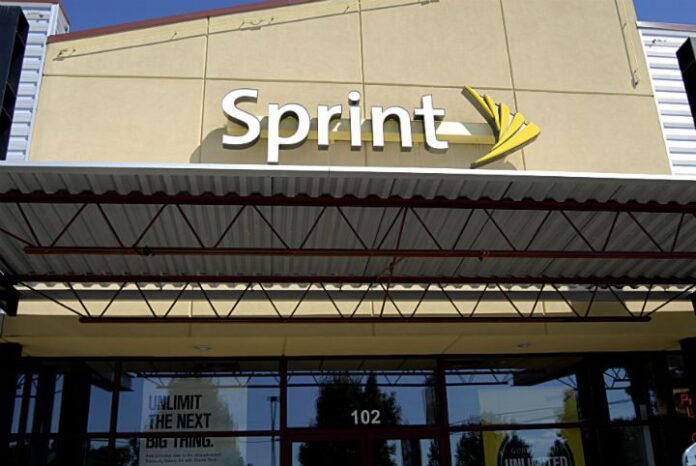Sprint dumps plans to participate in 600 MHz incentive auction citing robust holdings
Sprint yanked its name from bidders in the Federal Communications Commission’s planned 600 MHz incentive auction.
The carrier cited its current spectrum holdings, including its robust 2.5 GHz spectrum assets, as being sufficient for Sprint to move forward with its network plans and not need additional support from license in the 600 MHz band set to be auctioned beginning March 29.
“Sprint’s focus and overarching imperative must be on improving its network and market position in the immediate term so we can remain a powerful force in fostering competition, consumer benefits and innovation in the wireless broadband world,” stated Sprint CEO Marcelo Claure. “Sprint has the spectrum it needs to deploy its network architecture of the future.”
Sprint’s reasoning did not mention the carrier’s current financial distress, which has seen its chairman, Masayoshi Son, reshuffle the carrier’s executive positions and even call into question his own investment into the now No. 4 domestic carrier. Analysts have wondered whether Sprint would have the fiscal backing to participate in the 600 MHz auction, especially after the record amount of money raised in the recent AWS-3 auction.
Sprint’s current spectrum position includes an average of around 34 megahertz of spectrum in the 1.9 GHz band, 14 megahertz in the 800 MHz band and upwards of 150 megahertz of spectrum in the 2.5 GHz band. The carrier’s 1.9 GHz spectrum current supports most of its legacy CDMA operations, with about 10 megahertz of that band being used as the base layer of its LTE efforts. Sprint is using its 800 MHz spectrum assets to broaden LTE coverage as well as to support high-capacity CDMA voice services. The carrier is currently rolling out LTE support in the 2.5 GHz spectrum band.
At the recent CTIA Super Mobility event, Claure specifically cited recent results from RootMetrics in Denver that showed Sprint had the fastest mobile network in the market, which the carrier said now supports LTE-Advanced carrier aggregation of its spectrum holdings and wider channels in the 2.5 GHz band. Claure told CTIA attendees that the Denver network was a model for Sprint’s plans across the country.
“We expect that to happen in all of our markets going forward,” Claure said. “That’s my job for the next two years.”
Sprint has sat out nearly all of the FCC’s recent spectrum auctions, including the more recent AWS-3, AWS-4 and 700 MHz auctions.
Claure earlier this year said Sprint was “to be determined” when questioned about the carrier’s potential participation in the 600 MHz incentive auction. Those comments – made during the Competitive Carriers Association Global Expo event – did include a partnership offer from Claure to rural carriers, which it now appears to be off the table.
The FCC recently came out with rules for the 600 MHz auction that include setting aside 30 megahertz of spectrum for participants with sparse holdings below 1 GHz. The rule was seen as a partial victory for carriers like Sprint, T-Mobile US and regional carriers looking to bolster their low-band spectrum proceeds without having to bid against larger rivals Verizon Wireless and AT&T.
Bored? Why not follow me on Twitter

